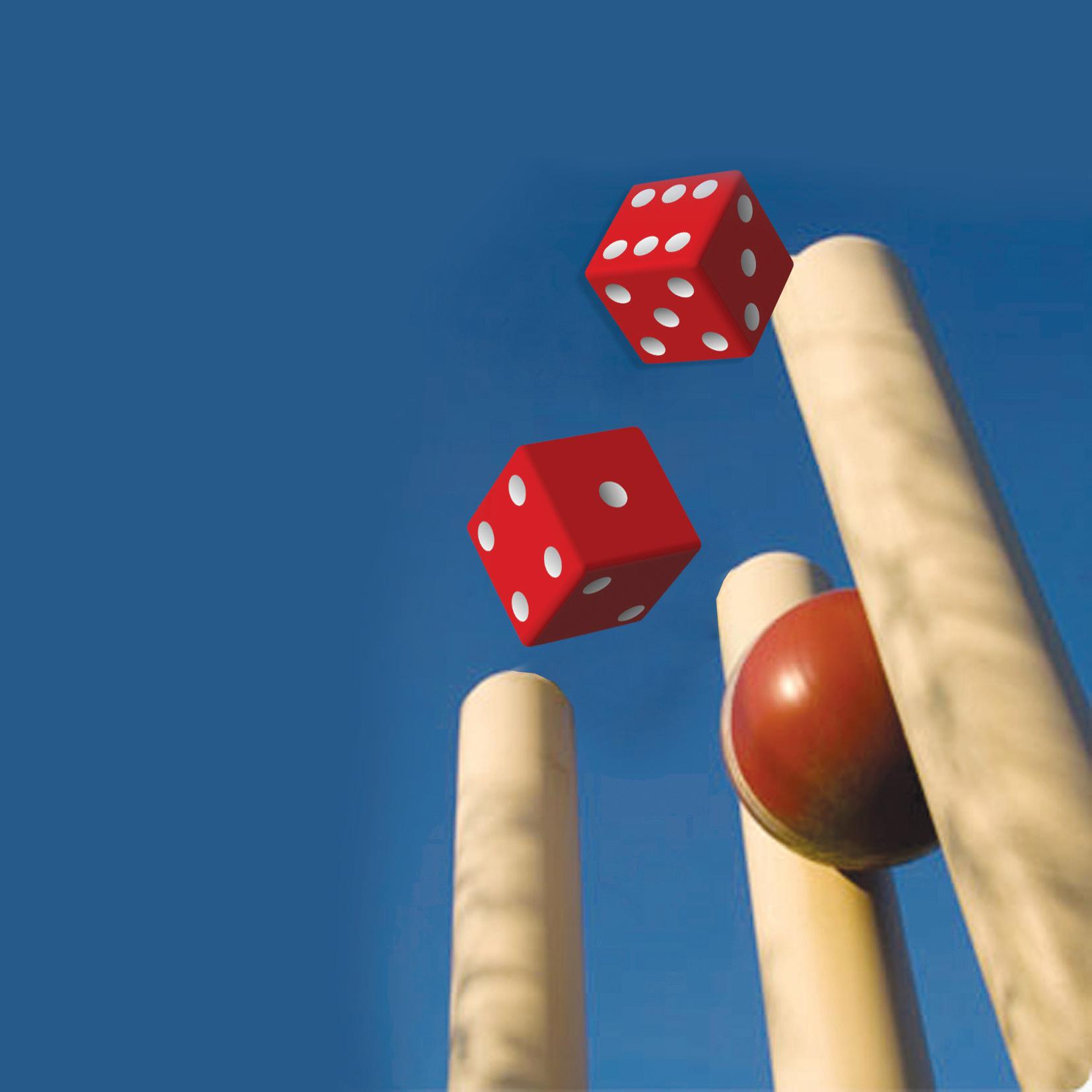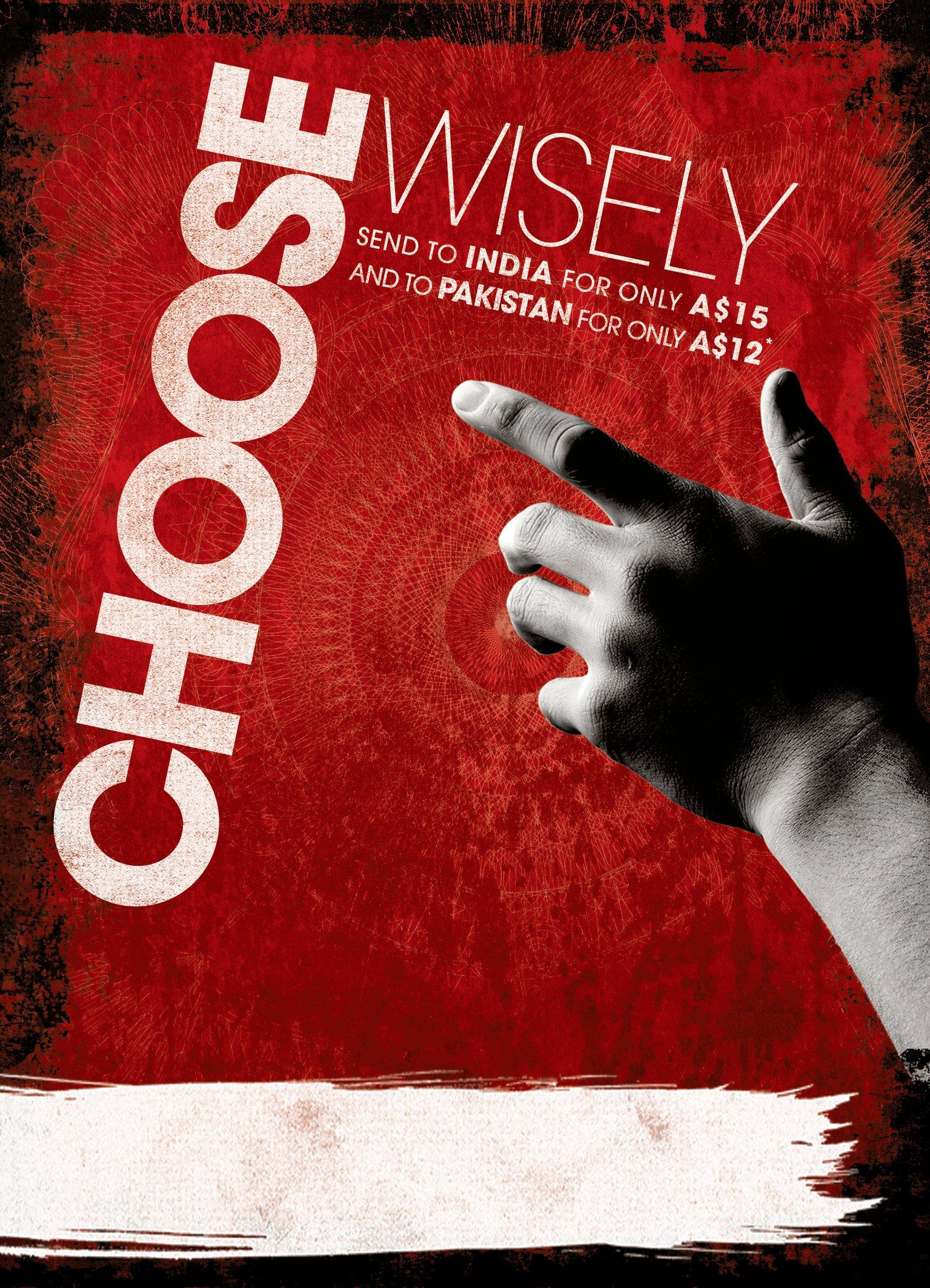
4 minute read
Decriminalise sports betting
from 2009-09 Sydney (1)
by Indian Link
cricket, or at least the ones in which India is involved, is fixed. The outcome is predecided, a bit like WWF.
At my local grocery store, I recently stumbled upon a movie called 99. It is one of those movies which, for most people, may disappear off the radar even before the weekend is out. Having said that, the likes of Boman Irani and Soha Ali Khan do add a little glamour to it.
The storyline revolves around the game of cricket and the illegal betting (satta) market operating in India. Nothing new you might say, the cricket and bookie nexus is all too well publicized; however, in the current climate, where an Australian player was sent feelers by a bookie on the eve of the fifth and final Ashes Test, this movie assumes added significance. In it, Sudesh Beri, a one-time wannabe of Indian cinema but now reduced to bit roles like the one in 99, says that India has two religions. In no particular order, they are ‘Bollywood’ and, drum roll……. ‘the game of cricket’ (now isn’t that cliché getting a bit tired?) He adds that a movie may at times (how about most times?) have no direction, no script, or so it may appear, but cricket has, and always will, follow a definitive script. To put it simply, he says that every game of

Now to compare Dravid and Dhoni with the likes of John Cena and Batista is perhaps pushing the envelope a tiny bit too much, but neither is this assertion completely fanciful or pie in the sky as some would have us believe. Former South African captain Hansie Cronje, Shane Warne and Mark Waugh are perhaps the only cricketers to have confessed their association with bookies, but names such as M Azharuddin and A Jadeja are just as badly tainted, and will stick on in memory forever.
This brings us to the issue, why is sports betting in India considered illegal and criminal? The authorities have failed and are powerless to stop it. I mean, if you consider it a sin, you would concede that a known devil is better than an unknown one. As mentioned earlier, bookies tried to get in touch with one of the Australian players prior to the start of the deciding Ashes Test in England. Australia, by all accounts, did the right thing and reported it to the ICC. There were reports that punters in India had wagered a staggering US$ 80m on the fifth Ashes test alone. Even a sideshow like Sri Lanka versus New Zealand being played in Galle around the same time, drew bets of over US$ 4m. The message coming out from this is loud and clear: there is a tremendous appetite from punters in India to bet on sporting contests.
Why then is the Indian government disinclined to legalize it? No doubt, the culture police and self proclaimed custodians of Indian values and ethos will be out on the streets burning effigies, calling it a sell-out and tagging supporters of such moves as traitors who must smolder in hell for ever. Several politicians may have us believe the fabric of our nation is being torn apart, the country is being consumed by the West.
The government of India can choose to look at it differently, though. Imagine if the government actually decriminalized sports betting. They could invite bids from both domestic and foreign players and grant half a dozen licenses to various operators. The potential of the Indian market cannot be lost on the likes of Ladbrokes and Betfair who no doubt yearn for a slice of the pie, and would be quick to throw their hats in the ring. These companies could bring in hundreds of millions of dollars in foreign investment. The government could recognize it as a genuine, for-profit industry and tax the earnings appropriately. Imagine how much it would contribute to the Finance Ministry coffers. Further, the industry will employ hundreds of thousands of people, thus creating new jobs in a hitherto non-existing industry. More jobs means even more in tax earning and certainly the Indian economy could do with a bit of a hike in tax revenues, what with the billions of rupees the government intends to borrow, as announced in the recent budget. It really could be a win-win situation for everybody.
Once again, their will be doubters and those who mourn the demise of Indian culture, values and morality. Let’s not get started on that though, in a country whose black market economy usurps the white economy by 3:1; while it perennially languishes in every aspect at the bottom of the Human Development Index. It yet continues to grow more and more corrupt each year, and is hardly sacrosanct. So that argument does not hold any water. The fact is that illegal betting on sports continues to thrive and no amount of policing would curb it, let alone eliminate it. Resisting it is not an option; it is the forbidden fruit that always tastes the yummiest. So if the practice has to continue, why have it run by shady underworld characters and drug dealers? To legalize it and grant it industry status could perhaps even assist in weeding out the criminals. As a punter, I would rather place a bet through my local TAB than through the goons of Dawood or Chota Shakeel running a murky betting house.
There is precedent to it in other parts of the world. While marijuana is illegal and banned in several parts of the world, in Holland the use of soft drugs is allowed and even ‘sold’ at coffee shops. This policy exists to prevent the marginalization of soft drug users, thereby exposing them to more harmful drugs. Although there is always a constant debate if the current practice is the right one, the authorities decided to take a middle path until they could come up with a more acceptable solution.
India seems to have its head firmly buried in sand on the issue of sports betting. It is time to come out in the open and feel the sunshine.










